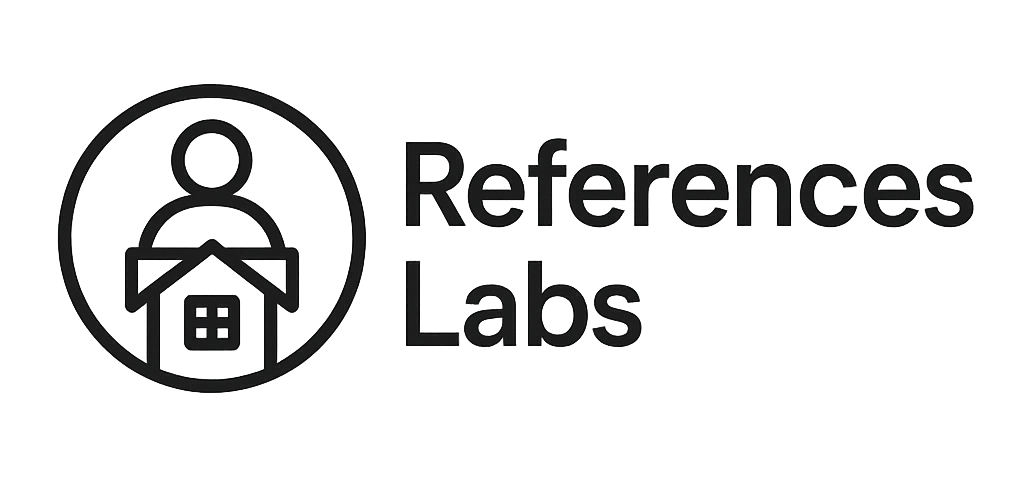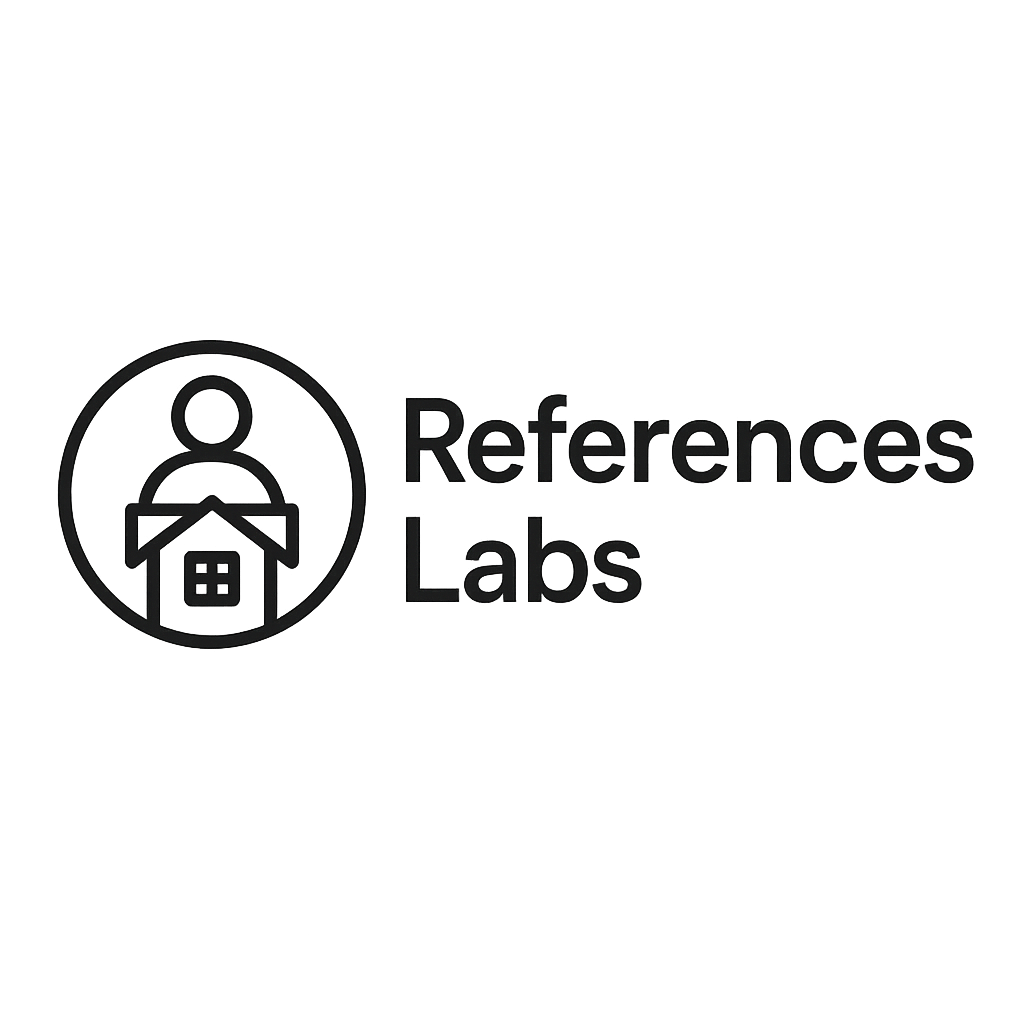The Cognitive Benefits of Crossword Puzzles
Crossword puzzles have long been celebrated for their ability to enhance cognitive functions. Engaging in these puzzles requires the brain to work on multiple levels, improving areas such as memory, problem-solving, and vocabulary. When you attempt to solve a crossword, your brain is actively retrieving information, which strengthens neural connections and enhances memory retention. This process is akin to a mental workout, where the brain’s ability to recall and process information is continually challenged and improved.
Moreover, crossword puzzles demand a level of problem-solving that can be both complex and rewarding. The act of deciphering clues and fitting words into a grid requires critical thinking and analytical skills. This not only sharpens the mind but also increases mental agility. As a result, regular engagement with crosswords can lead to improved focus and concentration, as the brain becomes accustomed to sustained periods of attention.
Additionally, the vocabulary enhancement gained from crosswords is significant. By introducing new words and their meanings, these puzzles expand a person’s linguistic capabilities, which can be beneficial in both personal and professional settings. The continuous learning and application of new vocabulary foster a richer understanding of language and communication.
Crossword Puzzles as a Tool for Stress Relief
In today’s fast-paced world, stress relief is more crucial than ever, and crossword puzzles offer a serene escape from daily pressures. Engaging in a crossword puzzle can provide a meditative experience, where the mind is focused entirely on the task at hand. This immersion can lead to a state of flow, a psychological concept where individuals are fully absorbed in an activity, resulting in reduced stress and increased happiness.
The structured nature of crossword puzzles offers a sense of order and predictability, which can be comforting in times of uncertainty. As solvers work through each clue, the satisfaction of completing sections of the puzzle can boost mood and provide a sense of accomplishment. This positive reinforcement encourages continued engagement, reinforcing the cycle of stress relief and mental stimulation.
Furthermore, the act of solving puzzles can serve as a form of mindfulness practice. By concentrating on the clues and the grid, individuals can momentarily detach from external stressors, allowing their minds to reset and recharge. This break from stressors not only benefits mental health but also enhances overall well-being.
Social and Educational Advantages of Crossword Puzzles
Crossword puzzles are not only a solitary activity; they can also foster social interaction and collaborative learning. Group puzzle-solving sessions can encourage teamwork and communication, as participants work together to decipher clues and complete the grid. This collaborative effort can strengthen relationships and build a sense of community among participants.
In educational settings, crossword puzzles serve as an effective tool for reinforcing learning. Educators can use them to review vocabulary, historical facts, or scientific concepts in a fun and engaging manner. This approach not only makes learning enjoyable but also aids in the retention of information, as students are more likely to remember content that is associated with an enjoyable activity.
Moreover, the adaptability of crossword puzzles makes them suitable for all age groups and learning levels. They can be tailored to suit different subjects and complexities, making them a versatile educational resource. This flexibility ensures that puzzles remain relevant and beneficial across various contexts, from classroom learning to casual social gatherings.






